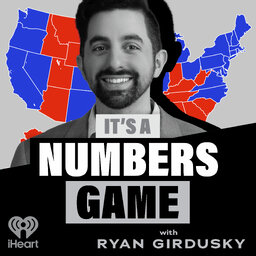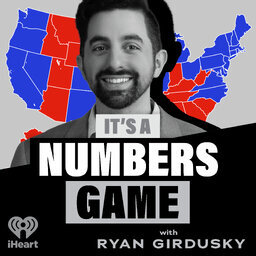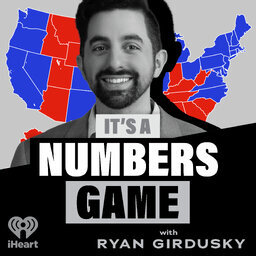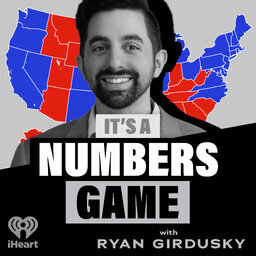In this episode, Ryan discusses the recent executive order by President Trump to dismantle the Department of Education, exploring the implications for American education. He evaluates the current state of education in the U.S., referencing international assessments like PISA, and highlights the racial disparities in educational outcomes. Aiden Buzzetti joins to discuss the current state of education reform in the United States, focusing on the impact of federal policies on local school districts, the challenges of disciplinary practices, and the importance of engaging parents in the educational process. They explore the obstacles to innovation within the education system, including outdated teaching methods and the influence of teachers' unions. It's a Numbers Game with Ryan Girdusky is part of the Clay Travis & Buck Sexton Podcast Network - new episodes debut every Monday & Thursday.
Email your questions and thoughts to Ryan HERE
#educationreform #local #school #districts #federal #policies #equitypolicies #disciplinarypractices #school #safety #educational #innovation #schoolboard #1776Foundation
 It's A Numbers Game with Ryan Girdusky
It's A Numbers Game with Ryan Girdusky



